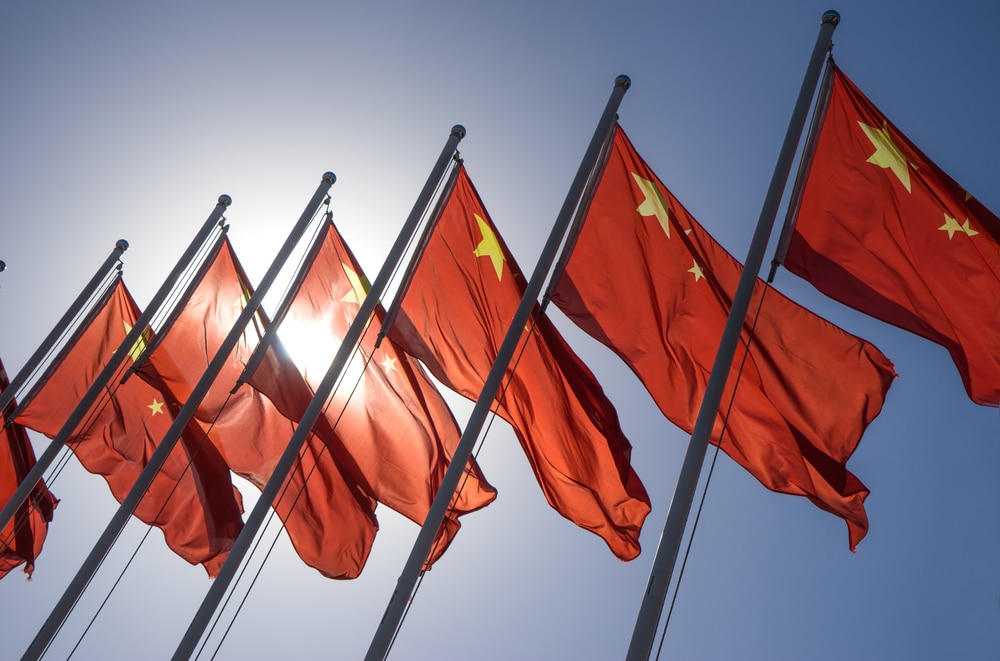The most egregious example, encountered more frequently than I would like to admit, occurs in countries where manufactured goods are produced for export. While this happens in many countries, often because those countries have started taking intellectual property more seriously, this article will use China as an example in light of Under Armour’s early August victory in the People’s Higher Court of Fujian Province in which Under Armour shut down a Chinese company as it launched a line of knockoff athletic wear.
While China has begun taking intellectual property seriously in recent years, the country’s legal system makes victories such as Under Armour’s deceptive. Neither the court that issued this opinion, nor other courts in China are bound by this precedent.
Despite a decision from the Supreme People’s Court of China that should have closed the exploit referenced above, parties in China continue to obtain Chinese trademark registrations for marks identical to those used by foreign companies that have goods manufactured in China. These registrations are then used to prevent exportation of the respective foreign company’s goods.
I have, unfortunately, worked for businesses whose goods have been held in China and other countries at the mercy of the owner of a trademark registration for the businesses’ marks. Depending on the country, there are only a few options in this situation, and they are all costlier than you would like them to be.
Imagine that your frame building company is so successful that you open a factory in China with skilled craftsmen who, thanks to the high quality of the frames, you can afford to pay quite well. For reasons only your accountant understands, however, you still only sell LONG PORTAGE FRAMES in the U.S.
Now imagine that a large shipment of your frames is being held by customs at the Chinese border one week before the Tour de Georgia where the cycling team you sponsor is waiting for their time trial frames because an enterprising individual obtained a Chinese trademark registration for LONG PORTAGE FRAMES for eyeglasses. To put it mildly, you would not be negotiating from a position of power.
Litigation is always an option if you want to send a message, but it is usually the most expensive option and you may not get the result you want.
In China, for example, judicial opinions, even those issued by the Supreme People’s Court of China, are not binding precedent. In practice, that means the same court could issue contradictory opinions back to back. A study of 34 cases considering this issue decided in China from 2013 to 2014 found that 20 of the resulting opinions went against the foreign company in favor of the owner of the Chinese trademark registration, and only 14 opinions were in favor of the foreign company trying to export the goods they had manufactured in China.
The cost and unpredictable nature of litigation in many foreign jurisdictions is well-known to the parties who might register your U.S. trademark to prevent you from moving your goods past the borders of their respective countries. It pains me to write this, but these parties are sophisticated enough to offer a second undesirable option that is faster and cheaper than litigation.




